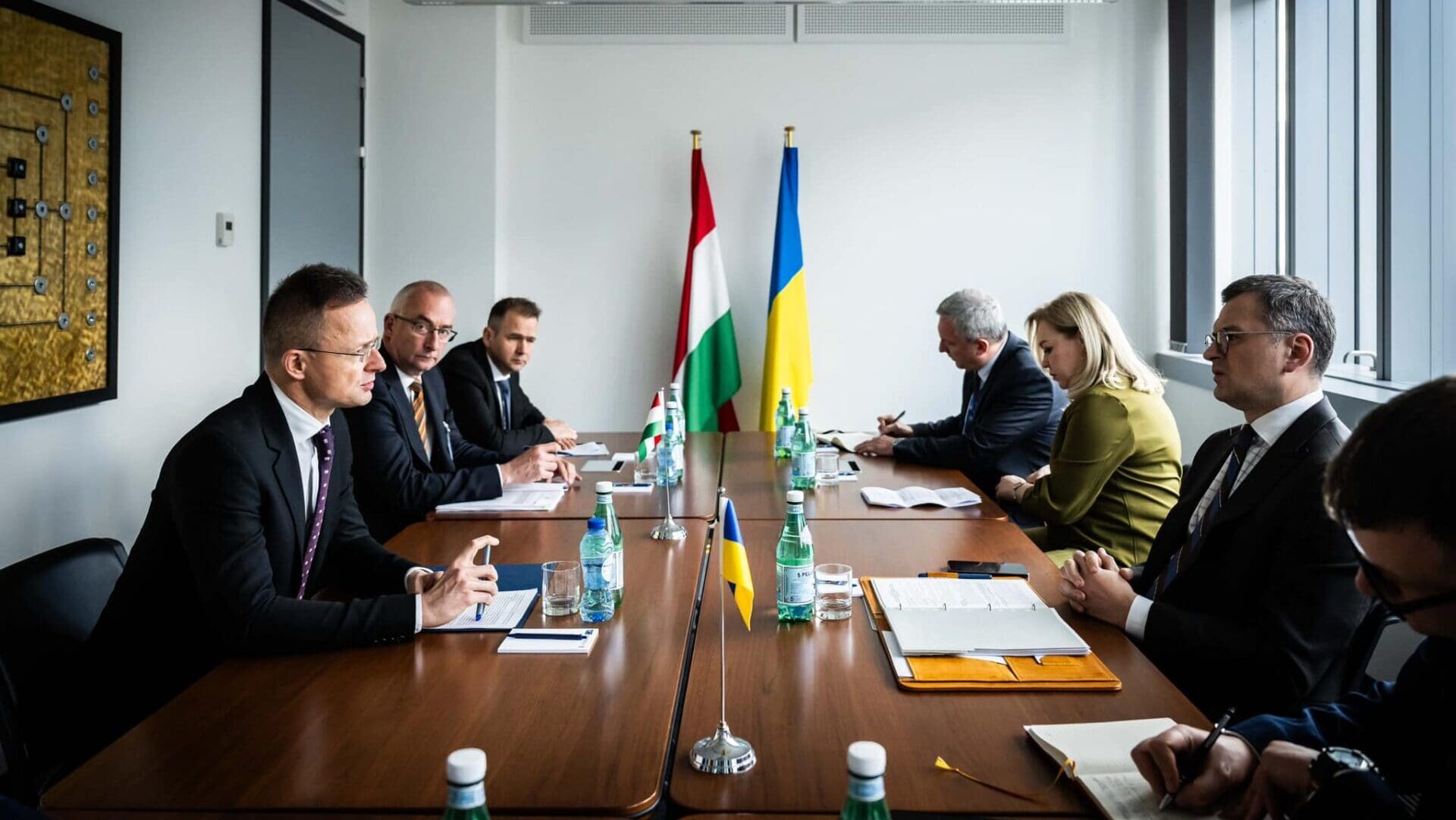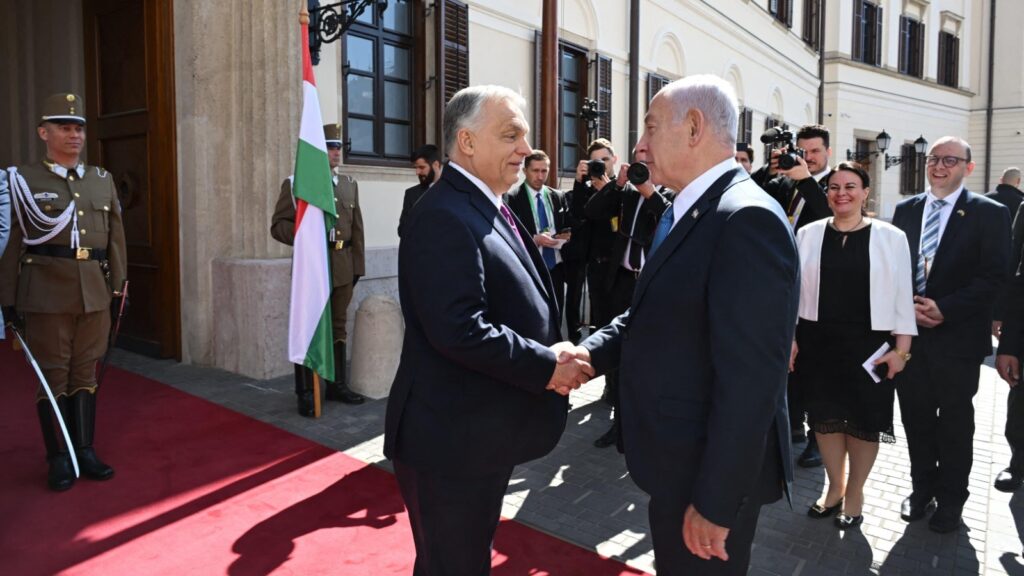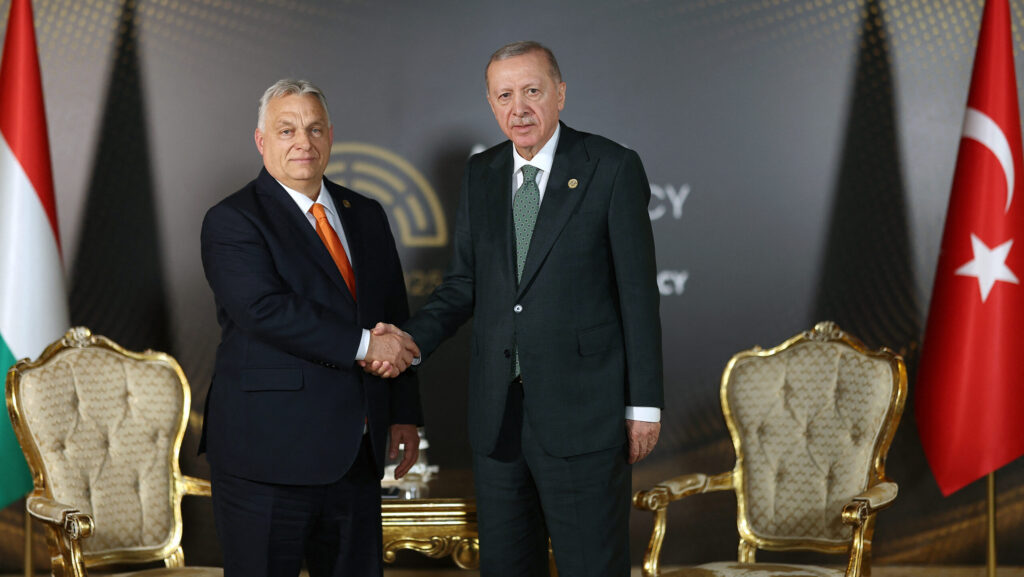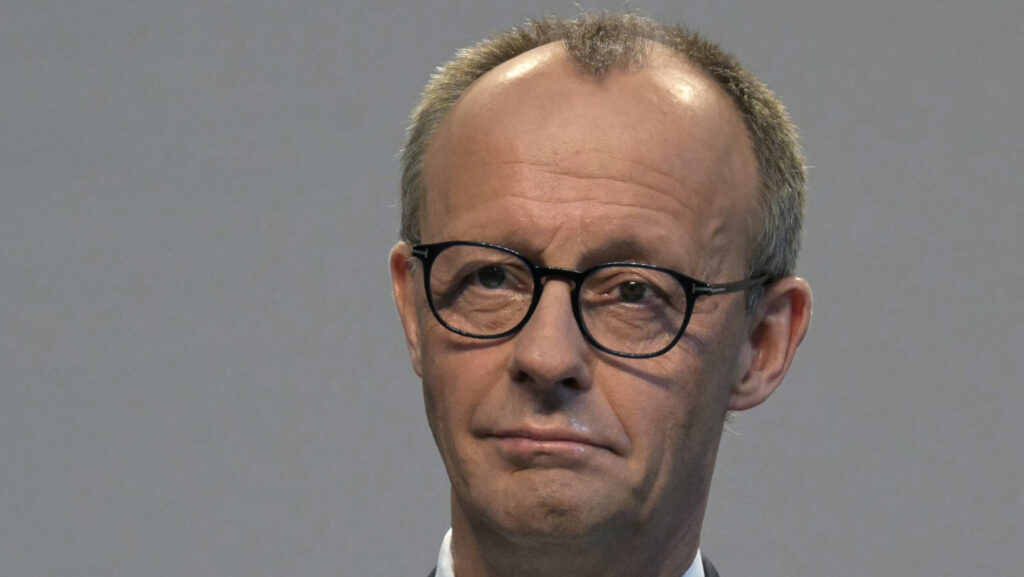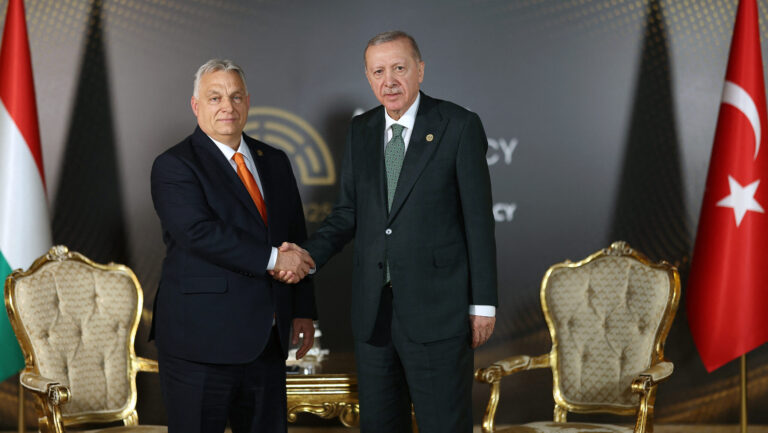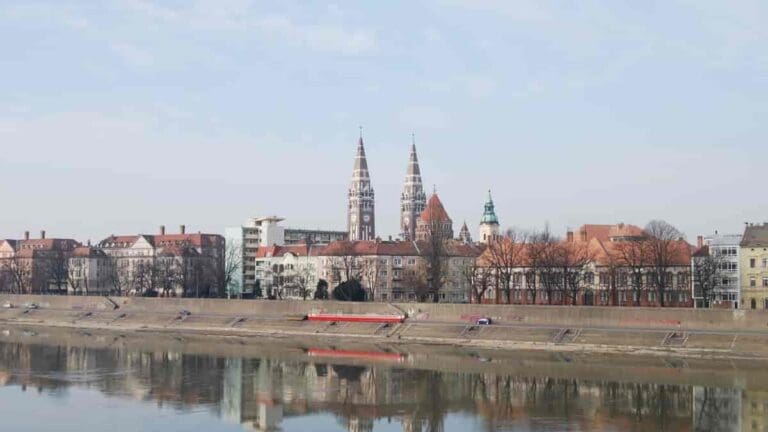On Wednesday, Hungarian Minister of Foreign Affairs and Trade Péter Szijjártó and Ukrainian Foreign Minister Dmytro Kuleba met again after two months in Brussels, on the margins of the NATO Foreign Affairs Council meeting.
‘In recent weeks, we have taken further steps to restore mutual trust in relations between Hungary and Ukraine,’ the Hungarian FM stated in a Facebook post. He highlighted progress that has already been made, such as the amendment of the border traffic agreement, which will contribute to the elimination of undignified situations on the border between Hungary and Ukraine.
Szijjártó stressed that the Hungarian Government is eagerly anticipating the meeting of the Hungarian-Ukrainian working group on education on Thursday. He reiterated that the primary task is to restore the
rights of the Transcarpathian Hungarian community to education and the use of their mother tongue.
At the end of the post, Péter Szijjártó stated: ‘The government-supported infrastructure development on the Ukrainian-Hungarian border will enable the transshipment of 1 million containers and 3 million tonnes of wheat and edible oil per year at Fényeslitke, which could greatly help Ukraine to maintain its trade with Europe.’
The two foreign ministers last met in Ungvár (Uzhhorod) at the end of January, with Andriy Yermak, head of the Ukrainian Presidential Office, also present. This marked the first official bilateral meeting between the two sides since the outbreak of the war. Szijjártó emphasized at the time that the Hungarian government would persist until the Hungarian community in Transcarpathia regained the rights it held before 2015. These rights include the restoration of the legal status of national minority schools, the reinstatement of the Hungarian language school-leaving examination, and the unrestricted use of the Hungarian language in higher education, culture, public administration, and community life. The Foreign Minister then outlined
the government’s demands in 14 points, which he handed over to his Ukrainian counterpart.
After the meeting in January, Dmytro Kuleba stated:
‘We want to regulate this issue in good conscience. Our starting point is that the Education Act will pave the way for EU membership, restoring the situation before 2017. I believe we have made a good decision, and the Hungarians of Transcarpathia have also welcomed it positively.’
The Ukrainian FM added that there are some details to be clarified, which the parties will discuss within the framework of bilateral dialogue, and the issue will be ultimately resolved.
One of the undisclosed aims of the January talks was to prepare for a subsequent meeting between Hungarian Prime Minister Viktor Orbán and Ukrainian President Volodymyr Zelenskyy, but no official information has been released since then.
Hungary to Stay Out of Increasing NATO Involvement in Ukraine
Following yesterday’s NATO Foreign Affairs Council meeting, Péter Szijjártó stated that Hungary opposes increasing NATO’s coordinating role in arms transfers to Ukraine and the training of Ukrainian soldiers. Hungary will not participate in the planning, financing, or execution of these operations.
The foreign minister stressed that the government’s primary goal is to protect our country from the war raging in the neighbourhood. Therefore, he considered the earlier unanimous decision of the North Atlantic Alliance important, stating that NATO is not involved in the armed conflict and will do everything to avoid direct confrontation with Russia.
Péter Szijjártó stressed:
‘No activity can take place on the territory of Hungary resulting from an increase in NATO’s coordinating role in training and arms transfers.’
Speaking about the vacancy for the NATO Secretary General position in October and the potential candidates, Péter Szijjártó expressed regret that no Central or Eastern European state has ever appointed a Secretary General in NATO’s history. Therefore, he believes it is high time to do so, especially considering that the main security challenge is currently coming from the East. He reiterated the government’s opposition to the candidacy of outgoing Dutch Prime Minister Mark Rutte, stressing that Hungary would not support him, particularly after his earlier remarks about ‘bringing Hungary to its knees.’
Read more on Hungarian–Ukrainian relations:

